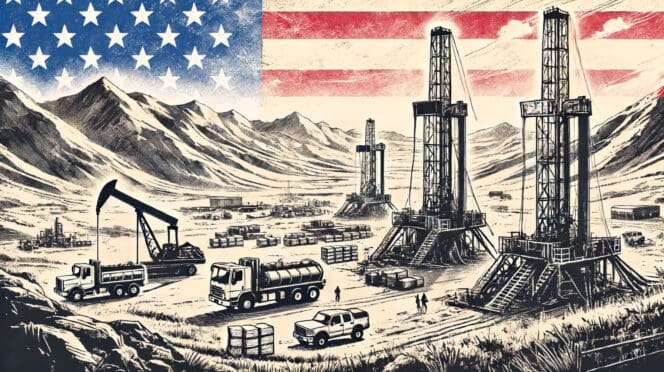The expansion of fossil fuel and low-carbon energy infrastructures is predicated upon direct state-sanctioned violence to facilitate land acquisition in India, a recent study in the journal Climate and Development states.
According to the article’s author Mukul Kumar, assistant professor of urban planning and public policy at the University of California, Irvine, although India has pledged to reach net-zero carbon emissions by 2070, not only does it rely on coal to fuel its economy, it is fighting a coal war.
To illustrate this, Kumar mentions how police were deployed to block villagers from protesting a power plant on coastal wetlands in India 14 years ago, shooting at protesters, killing three and injuring hundreds. Two years later on the other side of the country, a Buddhist monk was killed in resistance to the construction of a hydroelectric dam project.
“Debates concerning energy transitions in India have begun to pose questions of justice, drawing upon ‘just transition’ policy frameworks rooted in the Global North,” the researcher said in a media statement. “The Indian Ministry of Coal, for instance, has recently announced that it will establish a World Bank-financed Just Transition Division. Thus far, energy policymakers and researchers in India, including proponents of ‘just transition’ policy frameworks, have not paid adequate attention to the relationship between state-sanctioned violence and land expropriation, issues which disproportionately impact Indigenous and frontline communities.”
In addition to the two iconic examples, Kumar also examined 121 coal and hydropower projects in India. He concluded that the country is in the midst of a transition toward increased coal production, even though the Intergovernmental Panel on Climate Change has declared that all coal extraction must be phased out by 2050 to avoid dangerous levels of global warming.
“Coal production fuels 70% of the country’s electricity-generating capacity,” the researcher said. “At the same time, the country is also set to expand low-carbon infrastructures by an unprecedented 500 GW by 2030. The government of India is offering substantial financial incentives to develop hydroelectric dams to speed India’s ‘green’ energy transition.”
The Himalayas, for instance, have been reframed as a site for the development of more than 100,000 MW of hydroelectric dams to mitigate carbon emissions.
“Both fossil fuel and low-carbon transitions, however, draw upon forms of state violence and land expropriation to expand extractive industries,” Kumar said. “Peaceful, nonviolent movements that challenge the expansion of extractive energy industries are far too often criminalized or subjected to police violence. India is in the midst of multiple violent energy transitions toward both increased fossil fuel and low-carbon energy extraction that further marginalize Indigenous (Adivasi) and frontline communities of Dalits, landless farmers, and artisanal fishers.”





